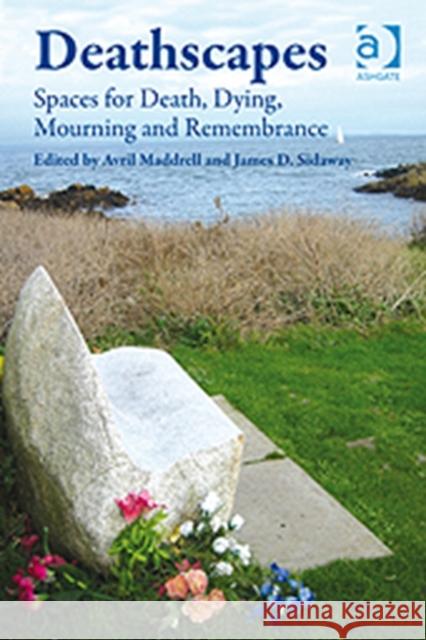Deathscapes: Spaces for Death, Dying, Mourning and Remembrance » książka
Deathscapes: Spaces for Death, Dying, Mourning and Remembrance
ISBN-13: 9780754679752 / Angielski / Twarda / 2010 / 328 str.
Deathscapes: Spaces for Death, Dying, Mourning and Remembrance
ISBN-13: 9780754679752 / Angielski / Twarda / 2010 / 328 str.
(netto: 746,32 VAT: 5%)
Najniższa cena z 30 dni: 705,23
ok. 22 dni roboczych.
Darmowa dostawa!
Death is at once a universal and everyday, but also an extraordinary experience in the lives of those affected. Death and bereavement are thereby intensified at (and frequently contained within) certain sites and regulated spaces, such as the hospital, the cemetery and the mortuary. However, death also affects and unfolds in many other spaces: the home, public spaces and places of worship, sites of accident, tragedy and violence. Such spaces, or Deathscapes, are intensely private and personal places, while often simultaneously being shared, collective, sites of experience and remembrance; each place mediated through the intersections of emotion, body, belief, culture, society and the state. Bringing together geographers, sociologists, anthropologists, cultural studies academics and historians among others, this book focuses on the relationships between space/place and death/ bereavement in 'western' societies. Addressing three broad themes: the place of death; the place of final disposition; and spaces of remembrance and representation, the chapters reflect a variety of scales ranging from the mapping of bereavement on the individual or in private domestic space, through to sites of accident, battle, burial, cremation and remembrance in public space. The book also examines social and cultural changes in death and bereavement practices, including personalisation and secularisation. Other social trends are addressed by chapters on green and garden burial, negotiating emotion in public/ private space, remembrance of violence and disaster, and virtual space. A meshing of material and 'more-than-representational' approaches consider the nature, culture, economy and politics of Deathscapes - what are in effect some of the most significant places in human society.











